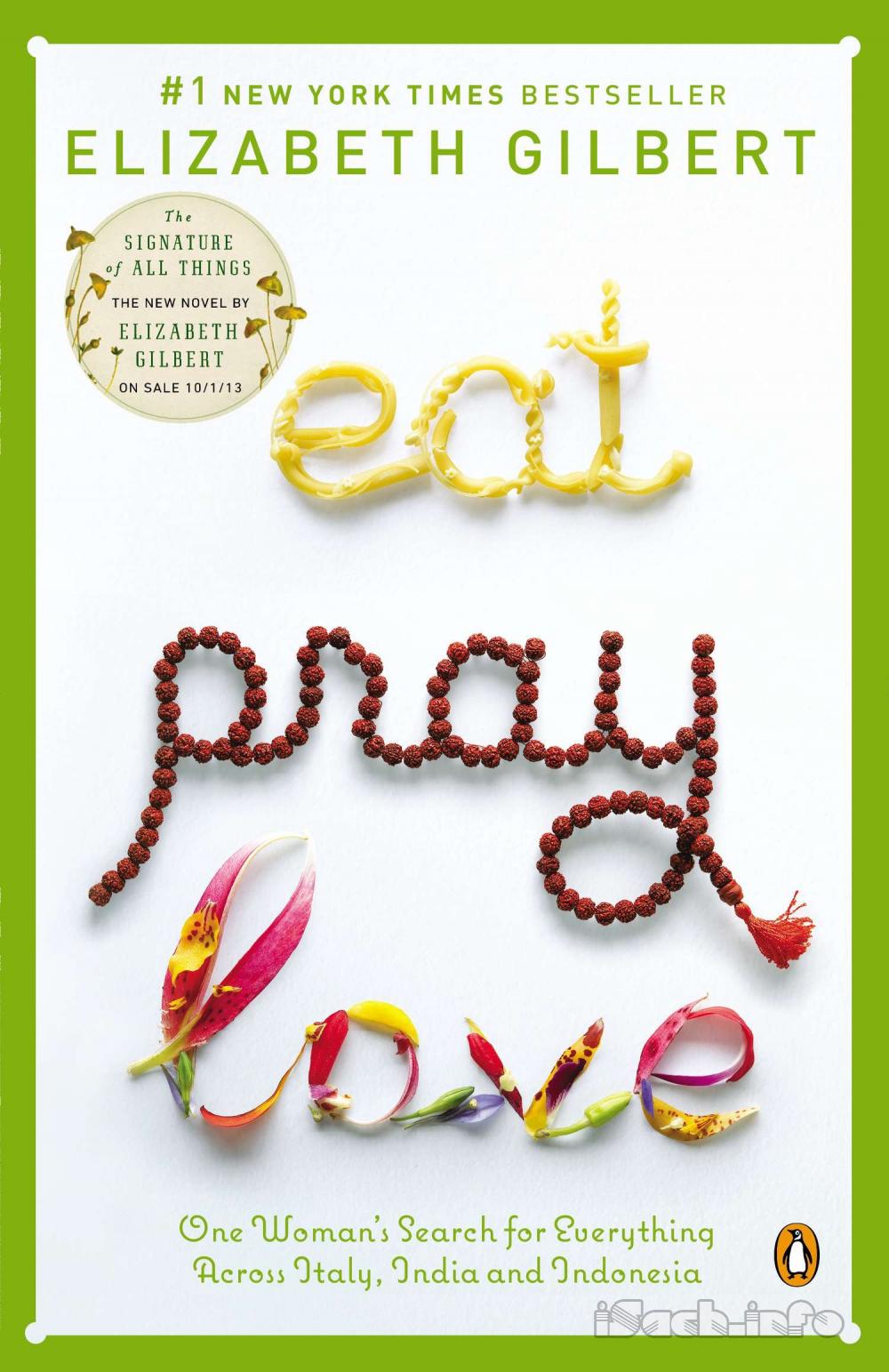Chapter 34
L
uca Spaghetti’s birthday falls this year on America’s Thanksgiving Day, so he wants to do a turkey for his birthday party. He’s never eaten a big, fat, roasted American Thanksgiving turkey, though he’s seen them in pictures. He thinks it should be easy to replicate such a feast (especially with the help of me, a real American). He says we can use the kitchen of his friends Mario and Simona, who have a nice big house in the mountains outside Rome, and who always host Luca’s birthday parties.So here was Luca’s plan for the festivities—he would pick me up at around seven o’clock at night, after he’d finished work, and then we would drive north out of Rome for an hour or so to his friends’ house (where we would meet the other attendees of the birthday party) and we’d drink some wine and all get to know each other, and then, probably around 9:00 PM, we would commence to roasting a twenty-pound turkey . . .
I had to do some explaining to Luca about how much time it takes to roast a twenty-pound turkey. I told him his birthday feast would probably be ready to eat, at that rate, around dawn the next day. He was destroyed. “But what if we bought a very small turkey? A just-born turkey?”
I said, “Luca—let’s make it easy and have pizza, like every other good dysfunctional American family does on Thanksgiving.”
But he’s still sad about it. Though there’s a general sadness around Rome right now, anyway. The weather has turned cold. The sanitation workers and the train employees and the national airline all went on strike on the same day. A study has just been released saying that 36 percent of Italian children have an allergy to the gluten needed to make pasta, pizza and bread, so there goes Italian culture. Even worse, I recently saw an article with the shocking headline: “Insoddisfatte 6 Donne su 10!” Meaning that six out of ten Italian women are sexually unsatisfied. Moreover, 35 percent of Italian men are reporting difficulty maintaining un’erezione, leaving researchers feeling very perplessi indeed, and making me wonder if SEX should be allowed to be Rome’s special word anymore, after all.
In more serious bad news, nineteen Italian soldiers have recently been killed in The Americans’ War (as it is called here) in Iraq—the largest number of military deaths in Italy since World War II. The Romans were shocked by these deaths and the city closed down the day the boys were buried. The wide majority of Italians want nothing to do with George Bush’s war. The involvement was the decision of Silvio Berlusconi, Italy’s prime minister (more commonly referred to around these parts as l’idiota). This intellect-free, soccer-club-owning businessman, with his oily film of corruption and sleaze, who regularly embarrasses his fellow citizens by making lewd gestures in the European parliament, who has mastered the art of speaking l’aria fritta (“fried air”), who expertly manipulates the media (not difficult when you own it), and who generally behaves not at all like a proper world leader but rather like a Waterbury mayor (that’s an inside joke for Connecticut residents only—sorry), has now engaged the Italians in a war they see as none of their business whatsoever.
“They died for freedom,” Berlusconi said at the funeral of the nineteen Italian soldiers, but most Romans have a different opinion: They died for George Bush’s personal vendetta. In this political climate, one might think it would be difficult to be a visiting American. Indeed, when I came to Italy, I expected to encounter a certain amount of resentment, but have received instead empathy from most Italians. In any reference to George Bush, people only nod to Berlusconi, saying, “We understand how it is—we have one, too.”
We’ve been there.
It is odd, then, that Luca would want to use this birthday to celebrate an American Thanksgiving, given these circumstances, but I do like the idea of it. Thanksgiving is a nice holiday, something an American can freely be proud of, our one national festival that has remained relatively uncommodified. It’s a day of grace and thanks and community and—yes—pleasure. It might be what we all need right now.
My friend Deborah has come to Rome from Philadelphia for the weekend, to celebrate the holiday with me. Deborah’s an internationally respected psychologist, a writer and a feminist theorist, but I still think of her as my favorite regular customer, back from the days when I was a diner waitress in Philly and she would come in for lunch and drink Diet Coke with no ice and say clever things to me over the counter. She really classed up that joint. We’ve been friends now for over fifteen years. Sofie will be coming to Luca’s party, too. Sofie and I have been friends for about fifteen weeks. Everybody is always welcome on Thanksgiving. Especially when it also happens to be Luca Spaghetti’s birthday.
We drive out of tired, stressed-out Rome late in the evening, up into the mountains. Luca loves American music, so we’re blasting the Eagles and singing “Take it . . . to the limit . . . one more time!!!!!!” which adds an oddly Californian sound track to our drive through olive groves and ancient aqueducts. We arrive at the house of Luca’s old friends Mario and Simona, parents of the twin twelve-year-old girls Giulia and Sara. Paolo—a friend of Luca’s whom I’d met before at soccer games—is there, too, along with his girlfriend. Of course, Luca’s own girlfriend, Giuliana, is there, as well, having driven up earlier in the evening. It’s an exquisite house, hidden away in a grove of olive and clementine and lemon trees. The fire-place is lit. The olive oil is homemade.
No time to roast a twenty-pound turkey, obviously, but Luca sautés up some lovely cuts of turkey breast and I preside over a whirlwind group effort to make a Thanksgiving stuffing, as best as I can remember the recipe, made from the crumbs of some high-end Italian bread, with necessary cultural substitutions (dates instead of apricots; fennel instead of celery). Somehow it comes out great. Luca had been worried about how the conversation would proceed tonight, given that half the guests can’t speak English and the other half can’t speak Italian (and only Sofie can speak Swedish), but it seems to be one of those miracle evenings where everyone can understand each other perfectly, or at least your neighbor can help translate when the odd word gets lost.
I lose count of how many bottles of Sardinian wine we drink before Deborah introduces to the table the suggestion that we follow a nice American custom here tonight by joining hands and—each in turn—saying what we are most grateful for. In three languages, then, this montage of gratitude comes forth, one testimony at a time.
Deborah starts by saying she is grateful that America will soon get a chance to pick a new president. Sofie says (first in Swedish, then in Italian, then in English) that she is grateful for the benevolent hearts of Italy and for these four months she’s been allowed to experience such pleasure in this country. The tears begin when Mario—our host—weeps in open gratitude as he thanks God for the work in his life that has enabled him to have this beautiful home for his family and friends to enjoy. Paolo gets a laugh when he says that he, too, is grateful that America will soon have the chance to elect a new president. We fall into a silence of collective respect for little Sara, one of the twelve-year-old twins, when she bravely shares that she is grateful to be here tonight with such nice people because she’s been having a hard time at school lately—some of the other students are being mean to her—“so thank you for being sweet to me tonight and not mean to me, like they are.” Luca’s girlfriend says she is grateful for the years of loyalty Luca has shown to her, and for how warmly he has taken care of her family through difficult times. Simona—our hostess—cries even more openly than her husband had, as she expresses her gratitude that a new custom of celebration and thankful-ness has been brought into her home by these strangers from America, who are not really strangers at all, but friends of Luca’s and therefore friends of peace.
When it comes my turn to speak, I begin “Sono grata . . .” but then find I cannot say my real thoughts. Namely, that I am so grateful to be free tonight from the depression that had been gnawing at me like a rat over the years, a depression that had chewed such perforations in my soul that I would not, at one time, have been able to enjoy even such a lovely night as this. I don’t mention any of this because I don’t want to alarm the children. Instead, I say a simpler truth—that I am grateful for old and new friends. That I am grateful, most especially tonight, for Luca Spaghetti. That I hope he has a happy thirty-third birthday, and I hope he lives a long life, in order to stand as an example to other men of how to be a generous, loyal and loving human being. And that I hope nobody minds that I’m crying as I say all this, though I don’t think they do mind, since everyone else is crying, too.
Luca is so clutched by emotion that he cannot find words except to say to all of us: “Your tears are my prayers.”
The Sardinian wine keeps on coming. And while Paolo washes the dishes and Mario puts his tired daughters to bed and Luca plays the guitar and everyone sings drunken Neil Young songs in various accents, Deborah the American feminist psychologist says quietly to me, “Look around at these good Italian men. See how open they are to their feelings and how lovingly they participate in their families. See the regard and the respect they hold for the women and children in their lives. Don’t believe what you read in the papers, Liz. This country is doing very well.”
Our party doesn’t end until almost dawn. We could have roasted that twenty-pound turkey, after all, and eaten it for breakfast. Luca Spaghetti drives me and Deborah and Sofie all the way back home. We try to help him stay awake as the sun comes up by singing Christmas carols. Silent night, sainted night, holy night, we sing over and over in every language we know, as we all head back into Rome together.



 ePub
ePub A4
A4